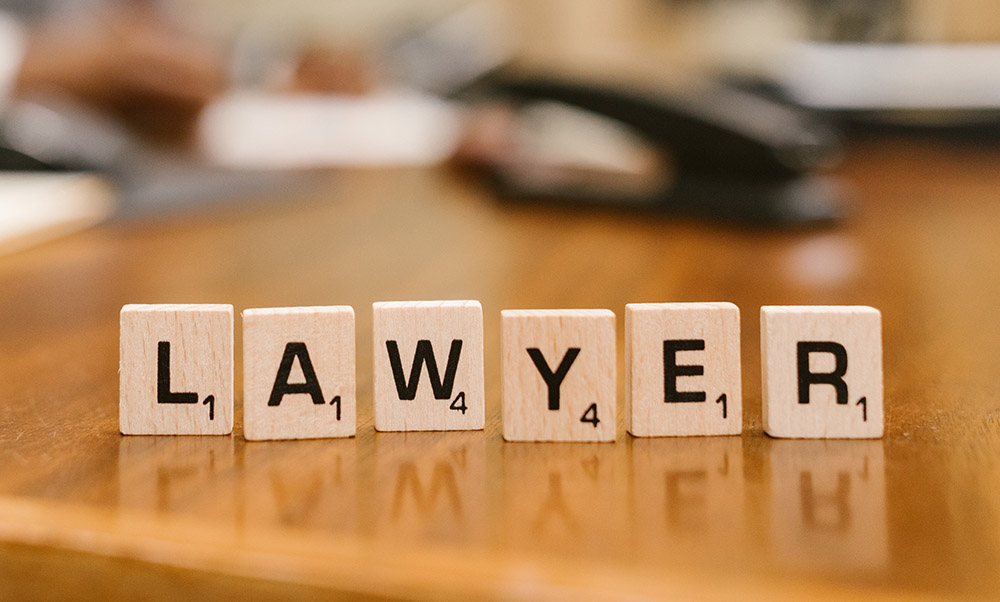
How to educe electronic evidence in court?
Eliciting Electronic Evidence in Court under the Indian Evidence Act
The Indian Evidence Act, 1872, while originally framed for physical evidence, has adapted to the digital age through Section 65B, “Admissibility of electronic records.” Eliciting electronic evidence effectively in court hinges on understanding its specific requirements and adhering to them throughout the process. Here’s a detailed breakdown:
Admissibility Criteria:
Before introducing electronic evidence, ensure it meets the criteria outlined in Section 65B(2):
- Production of Certificate: A certificate issued by a person authorized in the prescribed manner must accompany the electronic record. This certificate verifies the authenticity of the record and affirms compliance with the prescribed conditions.
- Computer Output Requirement: The information must be stored, recorded, or copied as computer output. Screenshots, PDFs, or printed emails qualify, while handwritten notes on digital files likely wouldn’t.
- Integrity and Reliability: The evidence must be shown to be integrally produced, meaning it hasn’t been altered or manipulated, and systematically maintained, following proper record-keeping practices.
- Intention of Producing Records: The data should have been created or kept in the ordinary course of business or activity with the intention of preserving such records. This eliminates personal notes or drafts not meant for permanent storage.
Presenting the Evidence:
- Authentication: Clearly demonstrate the source and authenticity of the evidence. Explain how it was accessed, copied, and preserved from tampering. Witness testimony from IT personnel involved in handling the data can strengthen this process.
- Maintain Chain of Custody: Document every step of the evidence journey, from collection to presentation. Who accessed it, when, and with what tools? Maintaining a detailed log minimizes concerns about manipulation or fabrication.
- Expert Assistance: Consider seeking help from forensic computer analysts in complex cases. They can analyze metadata, timestamps, and file history to provide expert opinions on the evidence’s integrity and origin.
Additional Considerations:
- Relevance: Like any evidence, electronic data must be relevant to the case at hand. Ensure it directly or indirectly connects to the disputed facts.
- Best Practices: Employing industry-standard tools and procedures for data retrieval, analysis, and preservation strengthens the evidence’s credibility. Consulting with an IT professional familiar with court requirements can be invaluable.
- Legal Advice: Navigating the intricacies of electronic evidence is crucial. Consulting with a legal expert specializing in cyber law is strongly recommended to ensure proper presentation and adherence to legal procedures.
By understanding the legal framework and adopting best practices, you can effectively present electronic evidence in court and contribute to a fair and accurate judicial process.
Remember, this information is for general awareness and shouldn’t be considered a substitute for professional legal advice. Always consult with qualified legal counsel for specific guidance in your case.
Adcocate J.S. Rohilla (Civil & Criminal Lawyer in Indore)
Contact: 88271 22304
